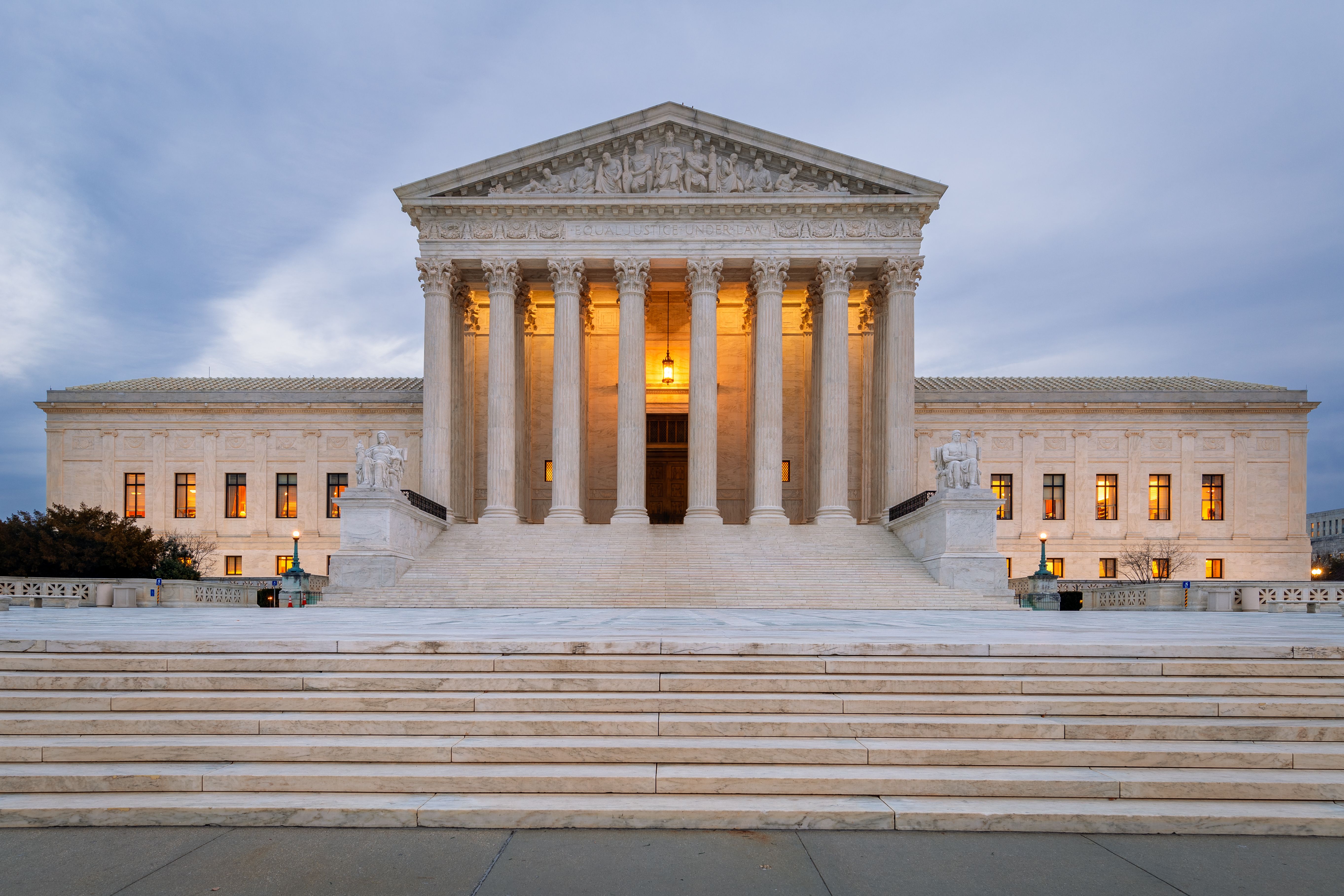
Key Points:
- The U.S. Supreme Court has opted not to review a privacy case concerning IRS requests for Coinbase customer information.
- James Harper challenged this data request, alleging it violated Fourth Amendment rights, but lower courts ruled in favor of the IRS.
- Despite backing from organizations and companies like Coinbase and X, the Supreme Court denied the appeal without providing further details.
On June 30, 2025, the Supreme Court chose not to consider a prolonged privacy case related to an Internal Revenue Service (IRS) demand for data pertaining to numerous Coinbase customers.
In an order issued on a Monday, the justices dismissed a petition from a Coinbase customer alleging that the IRS’s actions in 2016 breached his Fourth Amendment protections against unreasonable searches and seizures.
The plaintiff, James “Jim” Harper, originally filed a lawsuit against the IRS in 2020 after he and many other Coinbase clients received IRS notifications indicating potential income reporting shortcomings related to crypto transactions.
In his lawsuit, Harper argued that the IRS’s use of a “John Doe summons”—which compels financial institutions to disclose records against unidentified individuals—was unconstitutional.
His lawyers contended:
“Where once it lacked the authority to peek into a person’s private papers even with the use of a subpoena, the Internal Revenue Service has now acquired the power to demand access to anyone’s private information without any judicial process.”
In 2021, a New Hampshire district court dismissed Harper’s case, agreeing with the IRS’s stance. Harper subsequently appealed, but in 2023, another New Hampshire district court judge upheld the IRS’s actions, stating:
“As the Supreme Court recently reaffirmed, ’to pursue unpaid taxes and the people who owe them, Congress has granted the Service broad latitude to issue summonses.'”
Following a series of legal setbacks, Harper’s case was ultimately affirmed by a U.S. appeals court in 2024.
Supporting briefs from high-profile think tanks and companies, including Coinbase and X, were filed on behalf of Harper, advocating for the Supreme Court to re-evaluate the third-party doctrine, a legal principle asserting that individuals have no reasonable expectation of privacy concerning information shared with third parties.
Nevertheless, the Supreme Court remained unresponsive and concluded its order with a succinct:
“The petition for a writ of certiorari is denied.”


